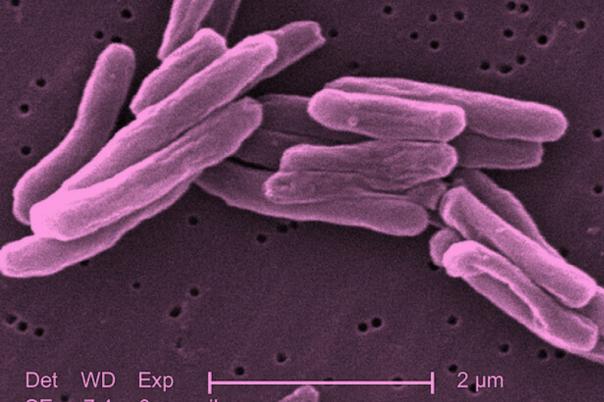Single cells are crucial for various research fields, including cancer research, forensics, plant research, neuroscience, and stem cell research, due to their valuable information and interaction within tissue microenvironments. Spatial omics can reveal a cell’s biomarker co-expression profile and give cognizance of how cells organised and interact to influence the tissue microenvironment.
Asif Khan, Regional Sales Manager at MMI (Molecular Machines & Industries) brought to our attention the clinical and research-based applications on offer at MMI. The MMI CellCut laser microdissection system and CellEctor, a single-cell isolation system, were the topics of discussion.
A common customer pain point in the scientific field is that samples become damaged by high-power lasers or there is no precise cutting with the laser. As a result of such damage, the sample cannot be used for downstream analysis like RNA-seq, DNA analysis, or proteomics.
The MMI CellCut System offers precise, gentle, low-damage UV laser microdissection. Khan explained that spatial biology can reveal the precise cellular architecture of tissues in situ. It is essential for the study to show coherence between spatial and molecular information. Khan suggested that combining laser capture with microdissection can convey such coherency. The MMI CellCut can cut very precisely at circa 0.3 micrometres. Furthermore, the laser always protects surrounding areas and the biological information retained in the RNA, DNA, or proteins.
Furthermore, if the tissue is thick, the laser has a Z-drill function that can refocus the laser on different levels. Khan mentioned that the workflow is contamination-free with MMI's Patented CapLift method which ensures that the sample is protected between the membrane slide and the glass slide. Khan said: “The CapLift method is the most advanced collection method available right now and it does not rely on gravity to cause the object to fall into a receptacle, unlike other systems available in the market right now.”
The second part of the presentation focused on the MMI CellEctor system, a capillary-based microscopic single-cell sorting system. This innovative approach is feasible for isolating rare cells in suspension and adherent cells, with high picking efficiency and AI-based automated cell detection.
Overall, both the MMI CellCut and CellElector are compatible with various sample types, including fresh frozen tissue, formaldehyde-fixed material and plant tissue, and living cells. Thus, the systems are widely applicable. The systems are modular, microscope-compatible, and support automation, making them versatile tools for modern cell research.





